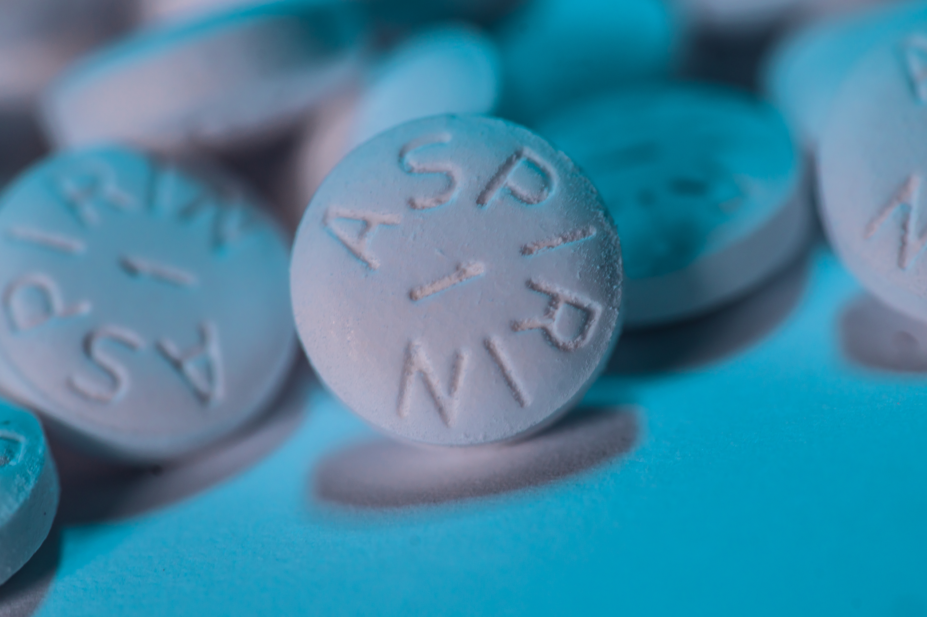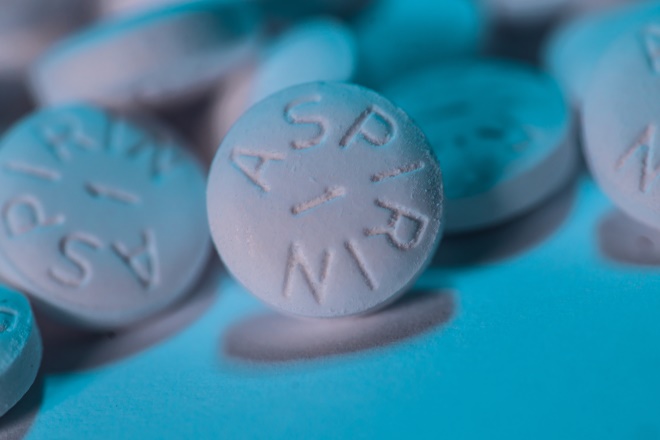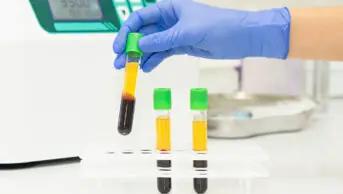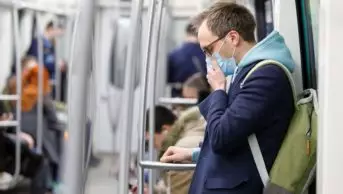
Shutterstock.com
Open access article
The Royal Pharmaceutical Society has made this article free to access in order to help healthcare professionals stay informed about an issue of national importance.
To learn more about coronavirus, please visit: https://www.rpharms.com/resources/pharmacy-guides/wuhan-novel-coronavirus

Source: Shutterstock.com
Peter Horby, chair of the Randomised Evaluation of COVID-19 Therapy trial, said that aspirin is a widely available, cheap drug that would be a huge boost to the trial if it worked
Aspirin is the latest drug to be added to the Randomised Evaluation of COVID-19 Therapy (RECOVERY) trial, the chair of the trial has told MPs.
Giving evidence to a joint inquiry from the House of Commons Science and Technology and Health and Social Care Committees on lessons learnt from the COVID-19 pandemic, Peter Horby, professor of emerging infectious diseases and global health at the University of Oxford, said there was currently a gap in evidence on anti-clotting agents.
“Clotting is a big problem [in COVID-19],” he said. “Aspirin is a widely available, cheap drug which, if it were to work, would be a huge boost.”
Horby explained that the decision to include aspirin was made by the COVID-19 therapeutics advisory panel (CTAP) – a group set up by the Department of Health and Social Care to look at all of the potential therapeutic options for COVID-19.
Each drug being considered for the trial is subject to “rigorous” analysis, said Horby, with “multipage reports on every drug and the evidence base for them”, before they are either “shelved” or recommended to be put forward for the trial.
In his evidence session, Horby also gave updates for progress on the other drugs being testing in the RECOVERY trial, including convalescent plasma, the results for which are expected in six to eight weeks.
Horby also reported that two major companies, including Eli Lilly, had suspended their trials of monoclonal antibodies in hospitalised patients on the grounds of lack of efficacy and potential safety concerns.
He described the trial suspension as “a bit disappointing” but said that he needed to “see more data to ascertain if it was something to worry about”.
Horby also revealed to MPs that it appeared that the case fatality rate in hospitals was half that seen in the first wave of the COVID-19 pandemic.
“Although it’s early days, it would appear that the case fatality rate in hospitals has come down quite a lot — at the moment it’s looking like the case fatality rate is about 15% in hospitalised patients, having come down from about 30% in wave one — so it’s really a big difference.
“We have to be a bit cautious, because the age profile is not the same at the moment — as more older people come in, that will creep up a bit, I think, but it does indicate … that the NHS is getting better at treating COVID patients.”
Horby attributed the reduced fatality rates to “a number of areas of improvement”, including the use of respiratory support, such as oxygen and non-invasive ventilation, as well as intubation and mechanical ventilation.
“Clinicians are getting better at managing that part of the disease and that is improving survival.
“We’re [also] seeing better use of anticoagulants — heparin and others — to prevent clotting, and one would anticipate that the introduction of dexamethasone has also had an impact. That would be something that would reduce fatality rates.”


